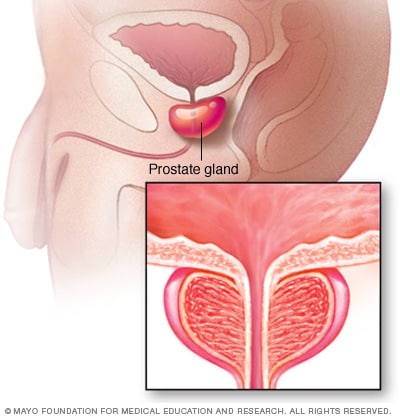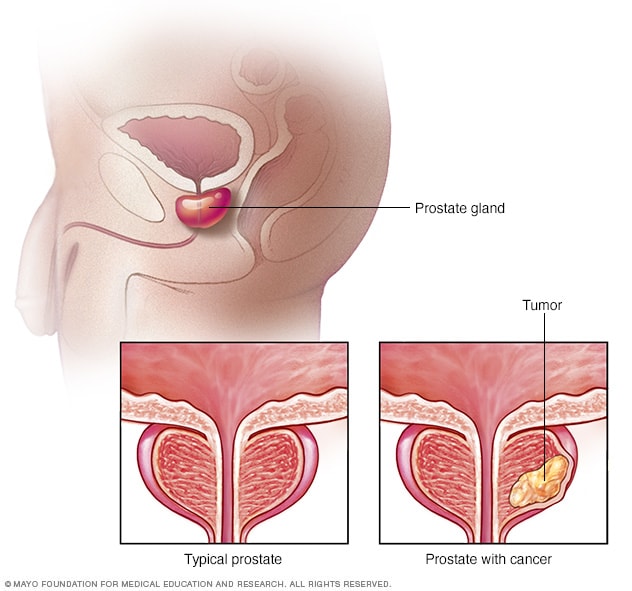What are the symptoms associated with prostate cancer?

Most men with early prostate cancer don’t have any signs or symptoms. Prostate cancer symptoms only happen when the cancer grows near the tube that carries your pee (urine) from your bladder. This might change the way you pee. But prostate cancer usually starts to grow in the outer part of the prostate which means early prostate cancer rarely causes symptoms.

If you do notice changes in the way you pee, it is more likely to be another problem such as a non-cancerous (benign) enlargement of the prostate called Benign Prostate Hyperplasia or BPH a. It’s still important to know what to look out and get checked.

Some symptoms are:
- a weak flow or having to strain to start peeing
- dribbling urine after you have finished having a pee
- needing to pee more often, especially at night
- an urgent need to pee – you may sometimes leak urine before you get to the toilet.
Later symptoms:
If a prostate cancer grows beyond the prostate and starts to spread, you may have other symptoms such as:
- back pain, hip pain or pelvis pain
- problems getting or keeping an erection
- blood in your pee or semen
- unexplained weight loss
These symptoms may be caused by other health conditions, and it is worth talking to your GP to find out what might be causing them.
If you would like more information, Prostate Cancer UK has a very useful and easy to understand guide called ‘Know your prostate: A guide to common prostate problems’
Learning you have prostate cancer: questions you may want to ask.

